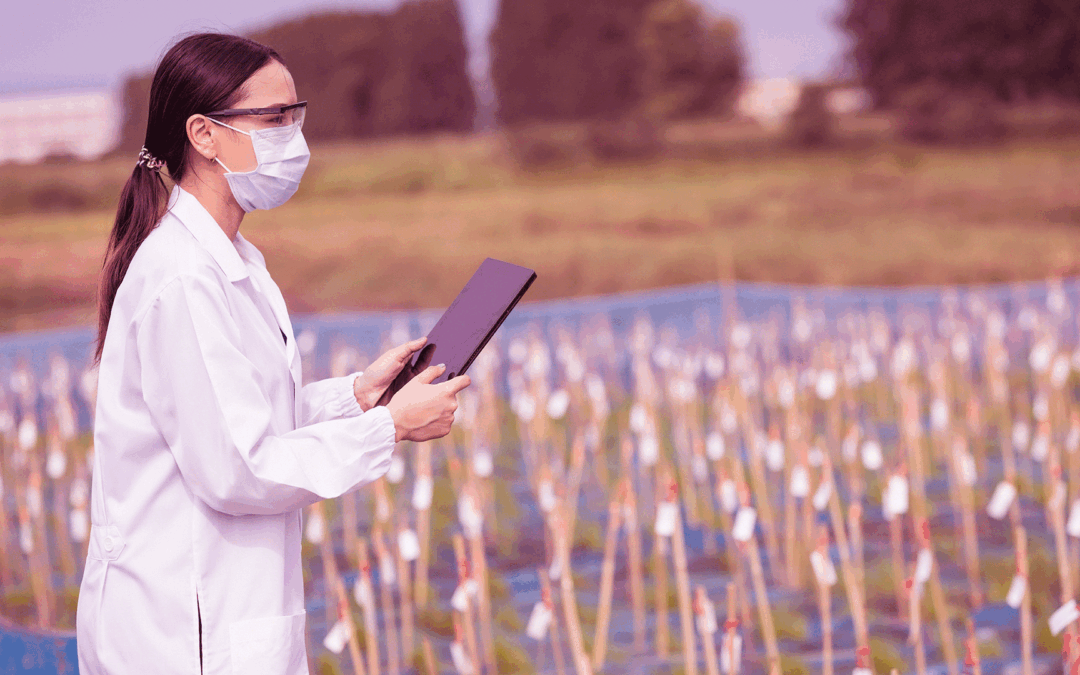Projects born from scientific research at higher education institutions such as Universidade Católica Portuguesa, Universidade de Aveiro and Faculdade de Ciências da Universidade de Lisboa win ANI ideas competition
The three winning projects of the Born from Knowledge, BfK Ideas programme, promoted by the National Innovation Agency (ANI), which aims to boost the transfer of knowledge from higher education institutions to the business community, are now known. In the 8th edition of the competition, 21 innovative projects were presented as semi-finalists. The final took place yesterday at the Pavilion of Knowledge in Lisbon and one project was honoured in each category: “Health, Biotechnology and Food”, “Green Transition” and “Digital Transition”.
Silent pandemic could become the world’s leading cause of death by 2050
Health, Biotechnology and Food” category
Rapid Phage Sensing (Portuguese Catholic University)
The World Health Organisation (WHO) calls it the silent pandemic; it is estimated that every 45 seconds a person dies from Antimicrobial Resistance (AR). In one year, that’s 700,000 people, representing costs of 50 billion euros. If nothing is done, RA is projected to be the leading cause of death worldwide by 2050. Our time with antibiotics is running out, warns the WHO.
Between a patient’s hospitalisation and the detection of AR, they spend 24 to 48 hours without isolation, spreading the condition to healthy people. The Rapid Phage Sensing project, a portable, highly sensitive and ultra-fast device, aims to reduce this time period to one hour. By reducing the time and space of exposure to potential infections, without the need for specialised personnel or large, expensive equipment, the project’s promoters estimate a 40% reduction in the number of infections. Another advantage is that the technology can detect these infections in hospital environments, for example, where monitoring is difficult.
The sustainable folding helmet is coming to two wheels
Green Transition” category
Flattie (University of Aveiro)
He has been collecting awards. A few months after winning the James Dyson Award, the Flattie project has once again been honoured, now by the ANI.
The need for new urban mobility solutions has popularised bicycles and scooters as a means of transport. However, accidents involving scooters led the Paris municipality to ban shared electric scooter services. More than 40 per cent of the injuries suffered by users of these vehicles are head injuries, and only 4 per cent of users wear helmets. Why? They are large, have a short lifespan and cannot be recycled, they are not easy to use. The Flattie is a completely collapsible cork helmet (a recyclable national raw material) that can be carried in a rucksack. Convenience combined with sustainability is the secret of Flattie, which recently validated the technology in the laboratory in accordance with European standards and plans to present it to the market at Eurobike in July next year.
Digital literacy for all children
Digital Transition” category
Inclusive Programming (Faculty of Science, University of Lisbon)
Based on the premise that there are few Science, Technology, Engineering and Mathematics (STEM) kits accessible to all children (regardless of whether they have a disability or other conditions), and at a time when access to digital literacy is fundamental, Inclusive Programming is a multimodal, tangible and robotic system that has already been trialled with blind children.
The tangible pieces have different elements such as colours and 3D elements, which allow children to identify the different actions they represent. By building a program using the blocks, they are programming the behaviour of a robot, with lights, sounds and spatial movement. Both the parts and the robots can be adapted and are flexible to provide a personalised experience for the student and their learning progress.








